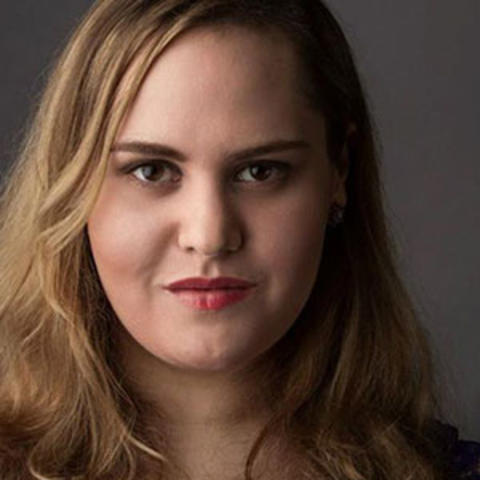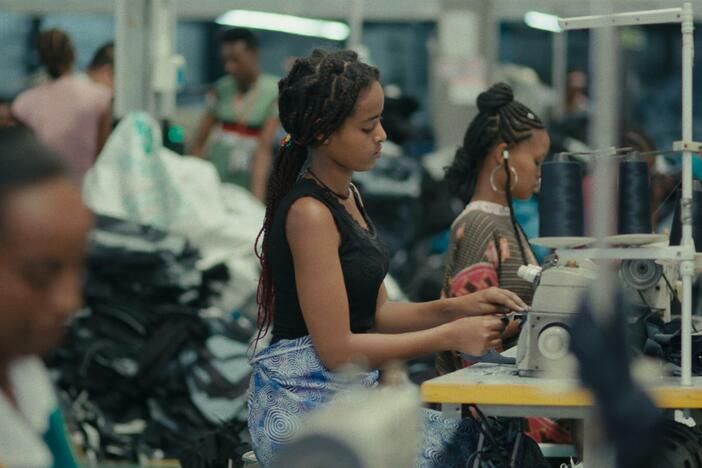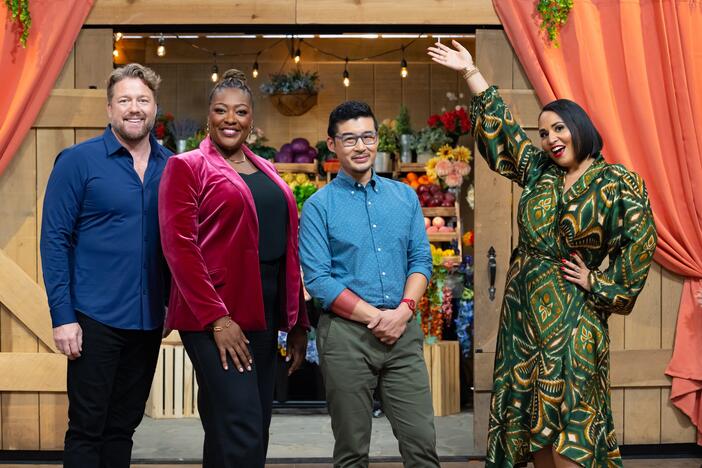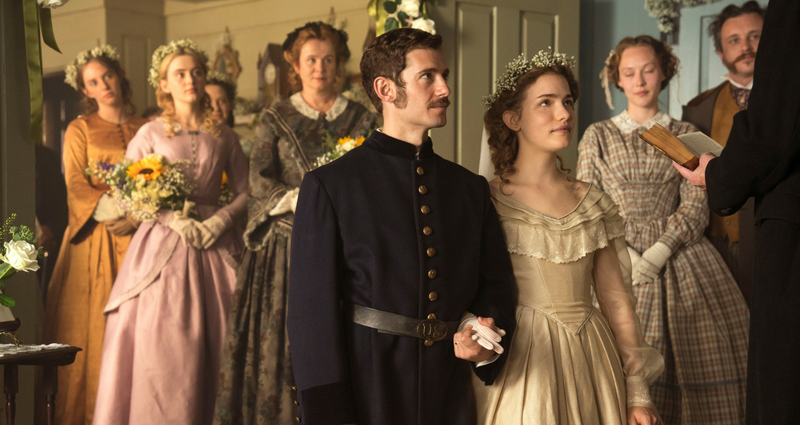
Section Branding
Header Content
Author Elise Hooper Shares Why "Little Women" Deserves To Be Part Of The Great American Read
Primary Content

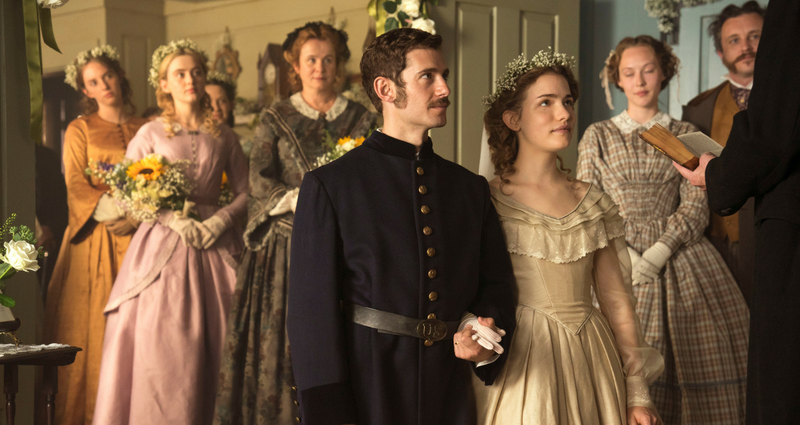
On Sunday evening, viewers departed Concord, Massachusetts with Marmee as Meg, Jo, Beth, and Amy face, for the first time, a future where they must raise themselves in the new Masterpiece and BBC adaptation of Little Women. Fans familiar with Louisa May Alcott’s popular novel of family dynamics have a lot to look forward to on Sunday, May 20th including Meg’s blossoming romance, Jo’s path to becoming a published author, and Amy’s journey from remorseful child to confident adult.
But the fictitious Jo and Amy’s opportunities to see a world outside of Massachusetts is another trait they share with their real life counterparts, Louisa May and May Alcott. Author Elise Hooper’s 2017 historical novel, The Other Alcott, chronicles the life and travels of the youngest Alcott sister May. While Hooper shows a new side of Alcott family history, namely May Alcott’s career as an artist, she also includes both Louisa and May’s journey to Europe where the similarities to Amy March do not go unnoticed. We spoke with Hooper about her process to publishing The Other Alcott, including her journey home, as well as her thoughts on Little Women’s inclusion on the top 100 list of The Great American Read.
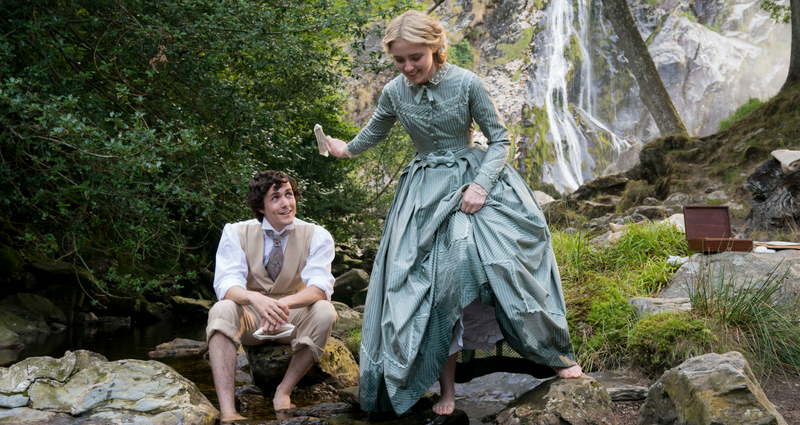
GPB: You, Louisa May Alcott, and May Alcott have all called New England home. What was it like to return home to New England to research the Alcott family for The Other Alcott? How much of your own experiences growing up in that part of the United States influenced your novel?
Elise Hooper: I wrote this novel while living in Seattle and it felt very special to me to return home in my imagination to create this story. There are many things that I love about living in the Pacific Northwest, but I miss many aspects of New England, like its old houses, miles and miles of stone walls, and historic village squares. I loved exploring some of Boston’s history.
GPB: Do Little Women and the Alcotts have any connection to Georgia?
Hooper: When I visited Juliette Gordon Low’s house (founder of the Girl Scouts and Savannah native), I was delighted to see that she had created some paper dolls representing characters from Louisa May Alcott’s novels Eight Cousins.
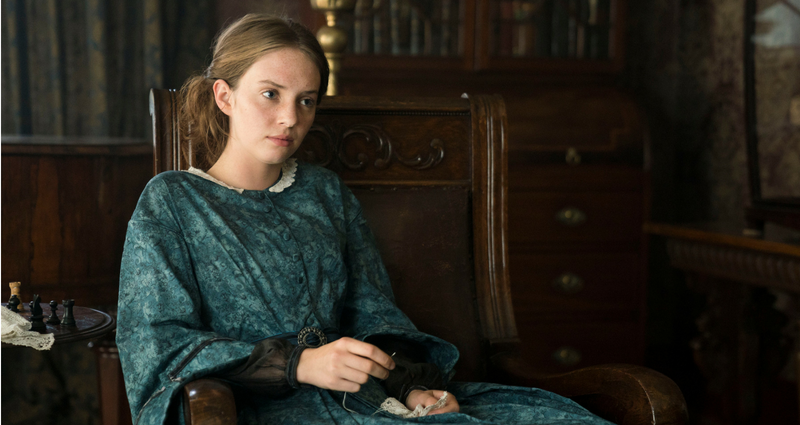
GPB: PBS is currently promoting The Great American Read, a new initiative that will choose the most-loved book in America out of a list of top 100 books. Louisa May Alcott’s Little Women is featured on this list. In your opinion, why do you think Little Women deserves a place on this list?
Hooper: I absolutely believe Little Women should be on this list. The fact that the four main characters are young women is significant for a novel written in 1868. Keep in mind that this was an era in which women had very little agency over their own lives, so a story that portrays its female characters with strong personalities, vibrant imaginations and hopes, and professional ambitions gives provides a unique view into domestic New England life. Louisa May Alcott’s beloved classic is a touchstone to many women who cite Louisa as their inspiration for their own writing and social activism.
GPB: Is your favorite book Little Women or does another book have that honor? If so, we want to know why it takes the top spot. If not, what is your favorite book and why?
Hooper: I believe the books I loved as a child formed me as an adult. Little Women and Anne of Green Gables both showed me strong female characters who dared to be different from their peers and follow their dreams. I like to believe I internalized the messages in these two formative books.
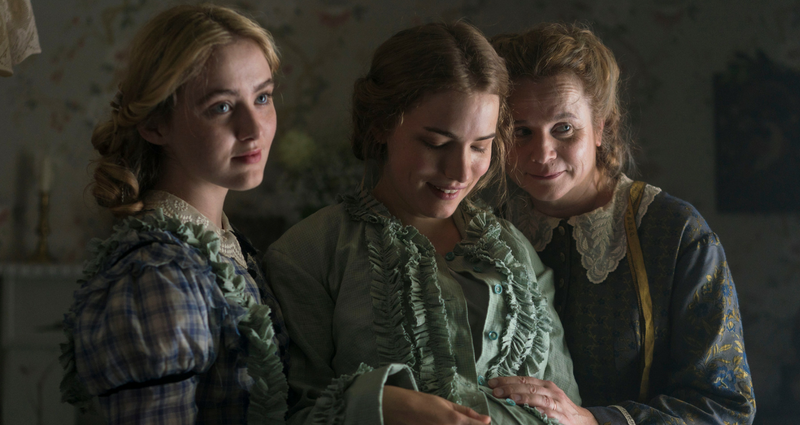
GPB: With your expertise on the lives of May Alcott and her family, how do you think Louisa and May would have reacted if they knew Little Women was nominated as America’s best-loved book?
Hooper: I think both would have been slightly disappointed but for different reasons. I suspect Louisa would have viewed the inclusion of Little Women, a novel that she considered to be boring, to reveal the pedestrian reading tastes of American women. I believe May would have been troubled to know that 150 years later, most people would imagine her as young and spoiled Amy March.
The conclusion of the Masterpiece and BBC miniseries Little Women airs Sunday, May 20th at 8 p.m. after an encore of part 1 at 7 p.m. You can find out more about Elise Hooper at her website and purchase a copy of The Other Alcott on Amazon. You can learn more about The Great American Read and how GPB will participate on our website.
On Sunday evening, viewers departed Concord, Massachusetts with Marmee as Meg, Jo, Beth, and Amy face, for the first time, a future where they must raise themselves in the new Masterpiece and BBC adaptation of "Little Women."

